Data ScienceTech Institute’s Applied MSc in Cyber Security, a two-year apprenticeship programme in France, offered entirely in English, focuses on digital ecosystem protection, code security, IT architecture, and information systems, preparing you to combat evolving cyber threats.

Data ScienceTech Institute’s Applied MSc in Cyber Security, a two-year apprenticeship programme in France, offered entirely in English, focuses on digital ecosystem protection, code security, IT architecture, and information systems, preparing you to combat evolving cyber threats.

As a front-runner in data and AI in France, DSTI offers an Applied Bachelor programme at RNCP 6. Our Applied MSc programmes hold RNCP 7 accreditation. Further, DSTI is recognised under the 3IA Cote d’Azur Label for extensive AI content and proudly possesses Qualiopi RNQ certification, affirming quality of our processes.
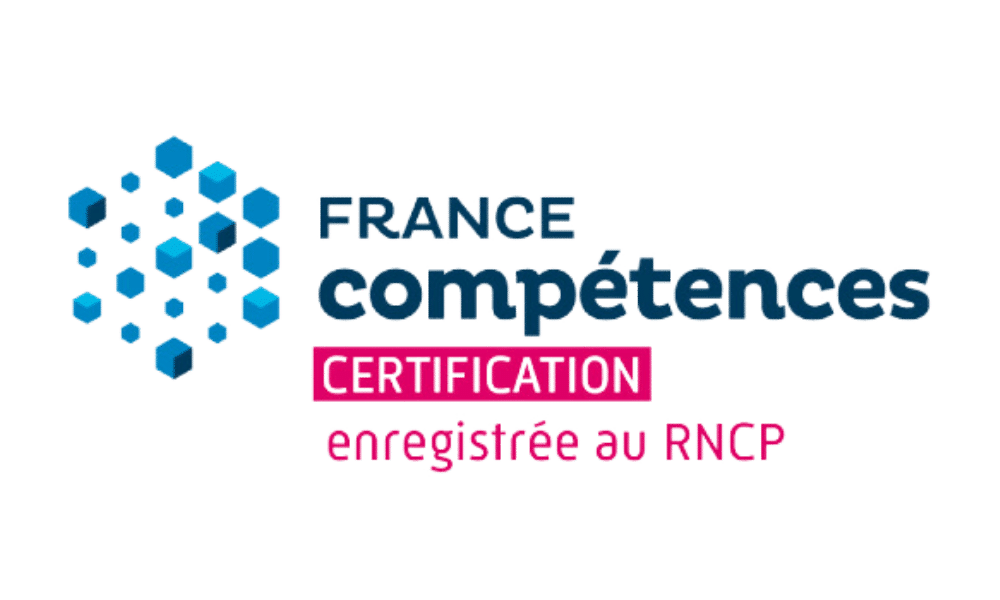
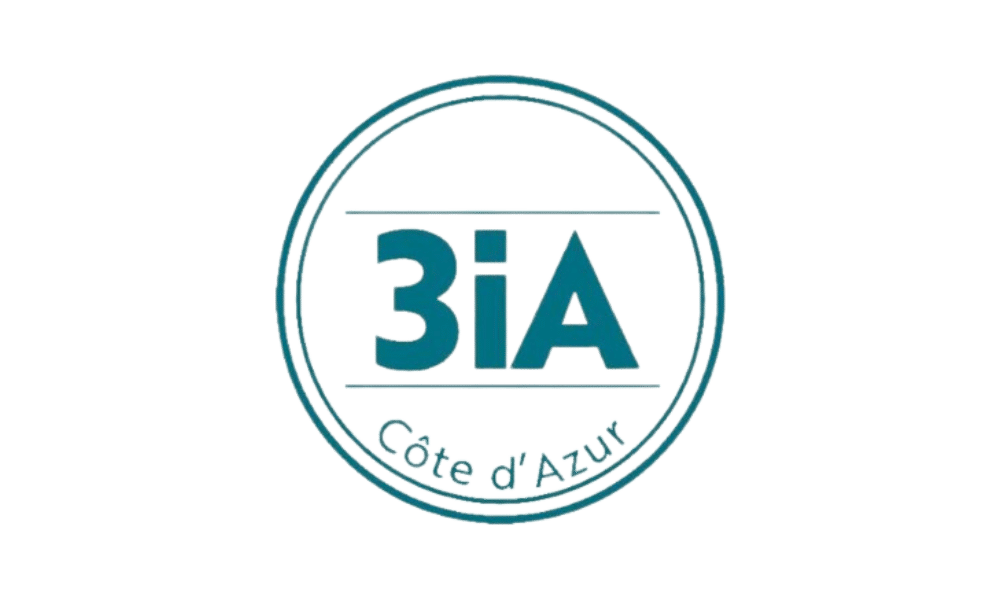
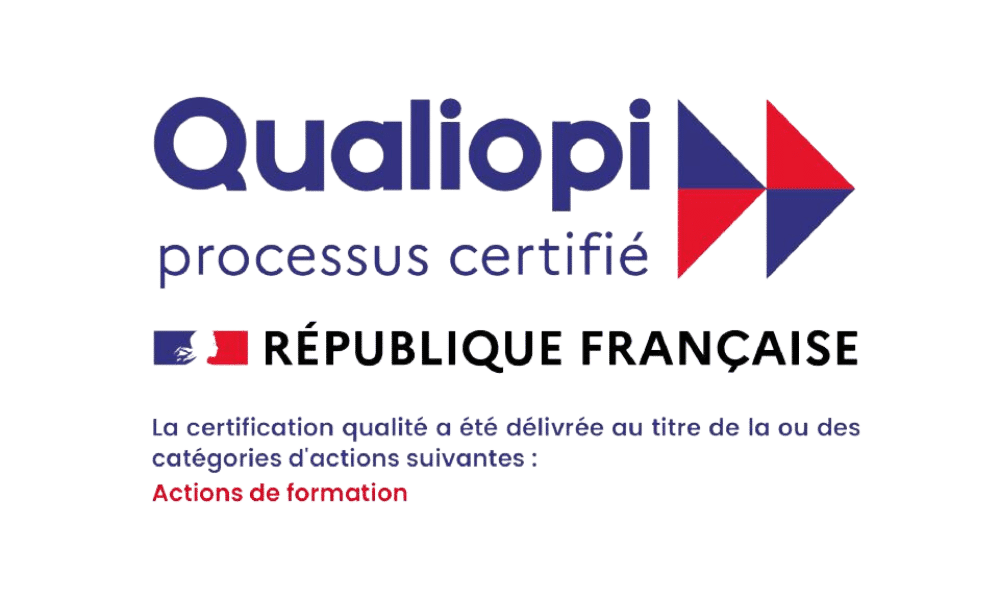
The following are the major objectives of the Applied MSc in Cyber Security programme:
Master the latest cybersecurity protocols and technologies to effectively protect digital infrastructures from advanced cyber incidents.
Develop critical skills to analyse and neutralize cyber threats, ensuring robust information security in the digital era.
Strategically prepare for key cybersecurity certifications, signifying your validated skills to employers worldwide.
Gain in-depth knowledge in secure system design and operation, encompassing network security and encrypted communications, to excel in the cybersecurity field.
The Applied MSc in Cyber Security programme bestows 120 ECTS. It encompasses 850 hours of instruction, equivalent to 90 ECTS, including a 75-hour DSTI Warm Up for technical proficiency and an additional 50 hours of support sessions. Lastly, apprenticeship, valued at 30 ECTS, offers practical Cyber Security experience.
7+
Hands-on projects
5
International Certifications preparation
DSTI offers the Applied MSc in Cyber Security in two modes: Initial Education and Continuous Education.

‘Initial Education’ is designed for students under 30 transitioning from school or university, preparing them to become proficient Cyber Security professionals.
The apprenticeship mode combines part-time work and study, open only to EU students or those with a long-term visa in France. Read details before applying.
Delve into the geopolitics of cybersecurity, understanding a spectrum of threats, from state-sponsored to individual hackers. Explore the security of international communication networks, the criticality of national infrastructures, and the impact on sectors like finance, healthcare, and media in our comprehensive cyber security Warm-Up course.
Embark on a deep dive into Code Security with our module, exploring advanced C and C++ programming, system call fundamentals in Microsoft Windows and Linux, and securing code execution through sandboxes, virtual machines, and formal verification techniques, vital for robust cyber security.
Advanced C and C++ programming
Explore the fundamentals of advanced programming, delving into the compile-link process, manual memory management, I/O management, and ensuring program stack consistency with and without exception handling.
Core Operating Systems on Microsoft Windows & Linux – 25hrs
Acquire operationnal skills of command-line tools for operating systems configuration and automation.
Fundamentals of System Calls – 25hrs
Master system call fundamentals in both Microsoft Windows and Linux, focusing on memory management, filesystems, networking, and threading, with a special emphasis on secure, encrypted functionalities essential for modern operating systems.
Master the art of secure code execution with specialized training in sandboxes, virtual machines, and containers, essential for modern cybersecurity practices. Elevate your cybersecurity skills with in-depth knowledge of securing interpreted code and employing formal verification methods, crucial for defending against sophisticated cyber threats.
Isolated execution with Sandboxes, Virtual Machines, Containers – 50hrs
Discover techniques for isolated code execution using sandboxes, virtual machines, and containers, crucial for enhancing cybersecurity and system integrity.
Securing execution of interpreted, quasi or totally human readable code – 25hrs
Understand the security aspects of interpreted code, including script protection and vulnerability mitigation, vital for cyber defense strategies.
Formal verification methods and techniques – 25hrs
Learn about formal verification in cybersecurity, a key method for ensuring code reliability and safeguarding digital systems against threats.
The IT Architecture module in the Applied MSc in Cyber Security programme delves into the architectural bedrock of IT security, where you’ll navigate through cloud computing, networking, and system defences, preparing for top-tier certifications in the field.
Dive into the core of cybersecurity with our course covering extensive architecture, operating systems, and networking, including key aspects of the Cisco Certified Networking Associate exam, equipping students with vital, industry-aligned skills in cyber security infrastructure.
Preparation to Amazon AWS Solution Architect Associate exam – 50hrs
Preparation to Microsoft 365 Certified: Security Administrator Associate exam – 25hrs
Dive into Cloud Computing essentials, focusing on architecture, assets management, and security, and prepare for top industry certifications like Amazon AWS Solution Architect Associate and Microsoft 365 Security Administrator Associate, crucial for advancing in the cybersecurity sector.
Enhance your cybersecurity expertise with our dedicated course preparing you for the Cisco CyberOps Professional Certification Exam, covering crucial topics for advancing in the rapidly evolving field of cyber operations.
Discover the depths of Information Systems Security in our module, encompassing cryptography, AI in cybersecurity, and a thorough review of securing data banks, middleware, and application servers, crucial for safeguarding modern information systems against evolving cyber threats and vulnerabilities.
Gain expertise in cryptography with our course focusing on its fundamental principles, latest advancements, and practical use cases, essential for professionals dedicated to securing data exchanges in the ever-evolving cyber security landscape.
A comprehensive course that integrates a global review of cybersecurity threats and strategies, with in-depth learning on securing data banks and middleware, pivotal for fortifying the core elements of modern information systems.
Threats, vulnerabilities, attacks, mitigation, protection : a global review (25h)
Delve into a comprehensive review of cybersecurity, covering threats, vulnerabilities, attacks, mitigation strategies, and protection measures, equipping you with a holistic understanding essential for tackling global cybersecurity challenges.
Securing data banks: relational databases, NoSQL databases & Big Data systems (50hrs)
Master the art of securing data banks in our course, covering the protection of relational databases, NoSQL databases, and Big Data systems, crucial for maintaining integrity and security in today’s data-driven cyber security landscape.
Securing middleware and application servers: enterprise middleware & web applications servers (50hrs)
Gain vital skills in securing middleware and application servers, with a focus on enterprise middleware and web application servers, an essential course for those aiming to enhance security in complex server environments within the cyber security field.
Explore the convergence of AI and cybersecurity in our course, covering big data solutions like Hadoop and Spark for log acquisition, and delving into behavioural analysis with pattern-based modelling and prediction, essential for developing cutting-edge skills in combating cyber threats.
Big data solutions for logs acquisition – Hadoop & Spark ecosystem (25hrs)
A course that covers HDFS, scheduling & resource management, workflow management & ETL, dataflow management, scalable enterprise serial bus, real-time processing with SPARK, machine learning, and data exploration & visualization.
Analysing behaviour: pattern-based modelling and prediction (25hrs)
Dive into the intricacies of behavioural analysis in cybersecurity with our course on pattern-based modelling and prediction, equipping you with advanced skills to anticipate and counteract cyber threats through predictive analytics.
Dive into a holistic cybersecurity learning experience, combining ethical hacking certification preparation, hands-on penetration testing, and essential soft skills in corporate compliance, IT project management, and an understanding of legal ethics and data privacy regulations.
Embark on an in-depth journey to becoming a Certified Ethical Hacker (CEH) with our tailored course, covering the extensive curriculum outlined by EC-Council, essential for mastering ethical hacking techniques and strategies in the cyber security arena.
Delve into practical cybersecurity with real-life lab games and simulations, covering system security design, infrastructure security, data encryption, and code safety, to equip you with comprehensive skills for protecting computer systems and networks against cyber threats.
Gain in-depth understanding of essential corporate compliance and quality frameworks, coupled with strategies for mitigating social engineering, crucial for fostering safe behavioural practices in the cybersecurity realm of corporate environments.
The Corporate Corner (25hrs)
Gain in-depth understanding of essential corporate compliance and quality frameworks, coupled with strategies for mitigating social engineering, crucial for fostering safe behavioural practices in the cybersecurity realm of corporate environments.
IT Project Management (25hrs)
The course includes a study of Project Management Body of Knowledge (PMBOK) and Agile methodologies such as Kanban, quality metrics and training for PMP-PMI certification.
Ethics & Law (25h)
The course explores the principles and frameworks of data privacy and security, encompassing EU and USA regulations such as GDPR, Safe Harbour & Successors, as well as highlighting the distinctions between common law and code law.
After each course, students get 1-2 weeks for review, with support sessions available for queries. Professors answer doubts in these sessions, ensuring individual attention from DSTI.
To stay abreast of changes in the Cyber Security world, students can prepare for the following certifications while completing Applied MSc in Cyber Security.
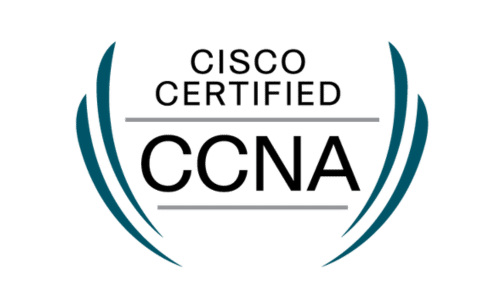

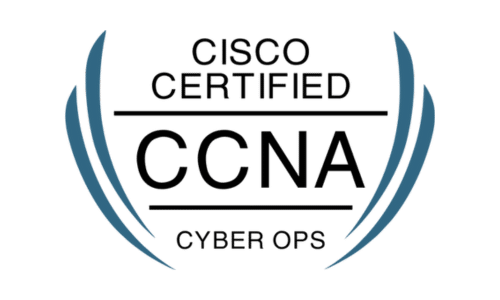

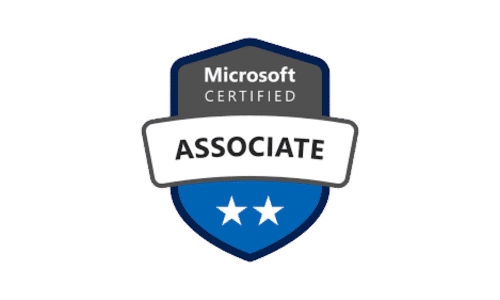
Following are some of the professors who teach Applied MSc in Data Engineering for AI.

Industry Member, Professor
David Worms is the CEO and founder of Adaltas, a company specializing in big data and Hadoop consulting services, with over 19 years of experience in the industry, working on a variety of technology projects.

Professor
Dr. Catherine Faron is a respected full professor at Université Côte d’Azur. She holds the position of vice-head of Wimmics, a collaborative research team between the I3S laboratory and the Inria centre.

AWS Educate, an initiative by Amazon Web Services (AWS), equips students and educators with valuable resources, training materials, and hands-on experience to foster the development of cloud computing skills and facilitate career readiness in the industry.
Azure for Education provides students with Microsoft software, developer tools, and cloud resources for learning and projects, including a $100 voucher.
O’Reilly is a platform offering quality content for effective study. It features over 60,000 books, 30,000 hours of video, live events, and interactive labs covering cloud computing, software architecture, programming languages, machine learning, and more.
Moodle offers students comprehensive access to their studies: notifications, schedules, courses, exams, live sessions, lecture recordings, and project submissions.
A resource that allows students to ask questions or seek assistance with academic, career, or administrative tasks. Students can also revisit the answers whenever necessary.
All DSTI students enjoy lifelong alumni email access and are given Microsoft Windows and Office 365 licenses.
Graduates of our Applied MSc in Cyber Security gain expertise to tackle evolving cyber challenges, opening doors to careers in cyber security analysis, risk management, and digital protection, within diverse sectors, shaping tomorrow’s cyber security landscape.
€ 1600
average monthly stipend for Apprenticeship
€ 1950
average monthly stipend for Contrat Pro
2/3
students receive CDI offers.
50% +
students sign their contracts through DSTI
The admissions of Applied MSc in Cybersecurity are open only to EU students or those with a long-term visa in France.
To qualify for DSTI’s Applied MSc in Cyber Security, applicants must satisfy these conditions:
Applicants should have studied Mathematics at high school level or possess an equivalent qualification.
Candidates must have completed a 3 or 4-year bachelor’s degree in computer engineering or Electronics and Telecommunication or equivalent from a recognised university.
DSTI provides three ways for prospective students to demonstrate their academic credentials. Students may only submit one type of academic record from the three options provided. However, submitting evidence of more than one qualification listed below will enhance your chances of admission.
Option 1: Minimum Grades + Bachelor Degree Certificate
For consideration into the Applied MSc programme, candidates must attain at least the following grades or their equivalents: USA – GPA 2.0; Germany – 3.5; France – 12; UK – 2:2 (2nd Class Lower Division); India – CGPA 6.5 or Upper second class; China – 67%.
Option 2: standard admission test + Bachelor Degree Certificate
To uphold application quality, we value scores from standardised tests. For the GRE, aim for a minimum of 155 in the quantitative section and an average total score close to 300. For the GMAT, target a minimum score of 42, with an average total score approaching 600.
Option 3: Online DSTI Entry Exam + Bachelor Degree Certificate
If the above criteria are unattainable, consider taking the online DSTI Entry Exam from home. All that’s needed is a computer and stable internet access. The exam comprises two sections: Mathematics and IT.
Since all courses are taught in English, students must have a B2 level of proficiency in English. DSTI will assess English proficiency during the Admission Interview.
To boost an application, students may submit their IELTS or TOEFL scores.
Students at DSTI should have a Windows PC laptop, not Apple Mac, with these minimum specs:
At least Intel Core i5 (or AMD equivalent)
Minimum 8GB, but 16GB recommended
Minimum 512GB, 1TB recommended.
SSD preferred, but a dual-drive system with 128GB/256GB SSD + 512GB or 1TB magnetic drive is a good alternative.
If only magnetic, it must be at least 7200rpm, not 5400rpm.
NVIDIA preferred, but not essential.
Any Windows version.
DSTI will provide a Windows 10 Professional key when classes start.
Don’t purchase MS Office 365; DSTI will provide a license key when classes start.
The admission process of the Data ScienceTech Institute (DSTI) is a comprehensive exercise that offers an opportunity to all deserving candidates.
To start your application, browse our various Applied MSc programmes to find your perfect match. Schedule an online meeting with our team for guidance and to check each programme’s tuition fees.
The application is an online process, and we assess your suitability. You’ll need to upload standard documents: ID, CV, and a cover letter.
After initial application assessment, DSTI will invite applicants for further processing. Applicants should provide documents specified in either Option 1 or 2. If these are unavailable, Option 3 may be chosen.
Option 1: Transcripts and Degree Certificate
Option 2: Standardised Tests and Degree Certificate
Option 3: DSTI Online Entrance Exam and Degree Certificate
If your application advances, we’ll invite you for a 20-minute admission interview to confirm your interest, course suitability and English fluency.
Upon acceptance, you’ll receive an official admission decision via email.
Please refer to our detailed admission process for more information.
*No tuition fees for the students in apprenticeship mode.
DSTI – School of Engineering
Private Higher Education Institution
As a front-runner in data and AI in France, DSTI offers an Applied Bachelor at RNCP 6. Our Applied MSc hold RNCP 7 accreditation. Further, DSTI is recognised under the 3IA Cote d’Azur Label for extensive AI content and proudly possesses Qualiopi RNQ certification, affirming quality of processes.



The Data ScienceTech Institute (DSTI) has formed strategic partnerships and affiliations with a number of key organisations, including the likes of AWS, SAS, Microsoft, Arts et Métiers, and 3IA Côte d’Azur. These partnerships are vital because they help keep our syllabus current and our resources updated. With these partners, we are better equipped to support our students as they advance their careers in data.
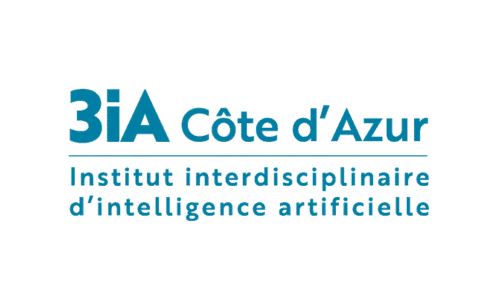

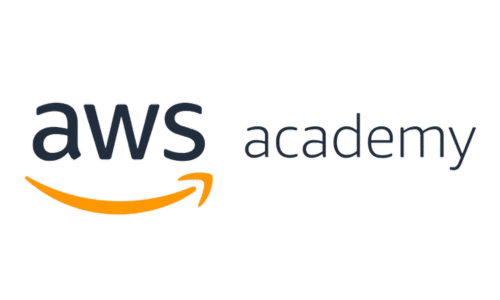
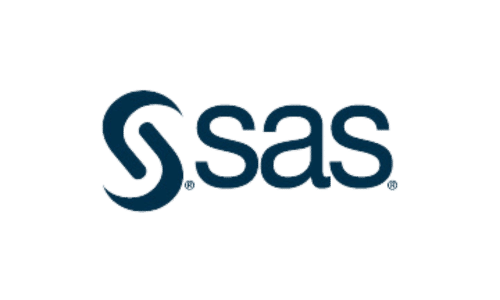



950 Route des Colles
Les Templiers
06410 Biot (Sophia Antipolis)
Alpes-Maritimes, France
4 Rue de la Collégiale
75005 Paris
Île-de-France, France
+33 (0) 489 412 944
© 2024 All Rights Reserved.
At DSTI, we provide one-on-one online meetings with prospective students. Here we answer all their questions regarding our Applied Bachelors and Applied MSc courses.
At DSTI, we organize online group meetings where we share valuable information about our selection of Applied Bachelors and Applied MSc courses in data and AI.
DSTI organizes online group meetings to provide information about our range of Applied Bachelor and Applied MSc programs in data and AI.
Every Wednesday from 2PM to 6PM CEST, DSTI’s Paris Campus hosts an open day for all, no appointment necessary. Inquiries regarding admission, courses or other related topics are welcomed. We are delighted to provide answers to your questions.

Want a career in data and AI? Download the DSTI’s Applied MSc in Cyber Security Curriculum to find out how!
On our Open Days, know more about